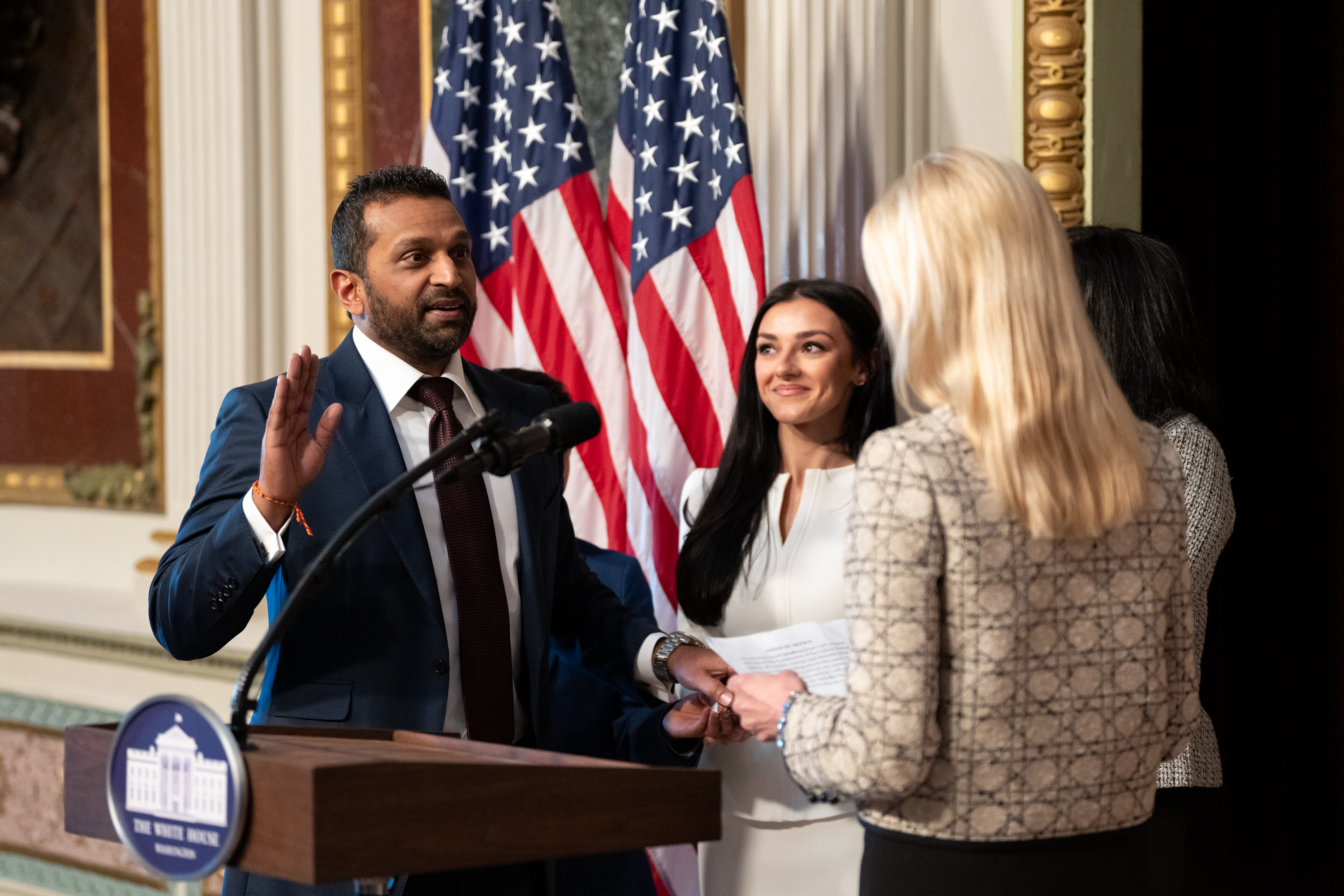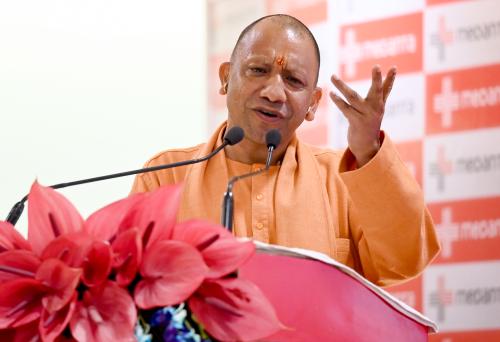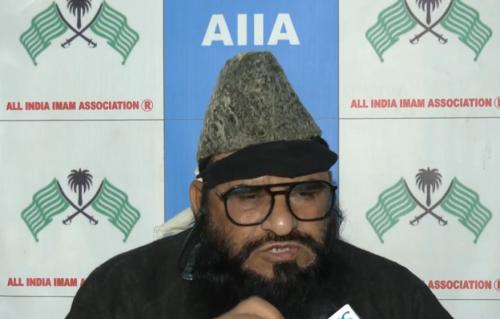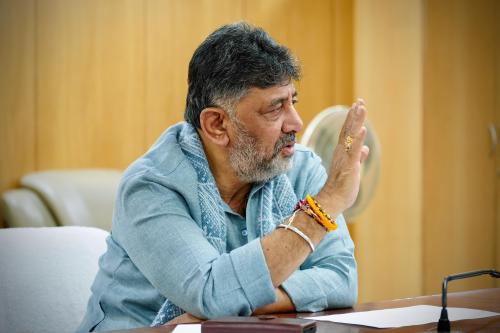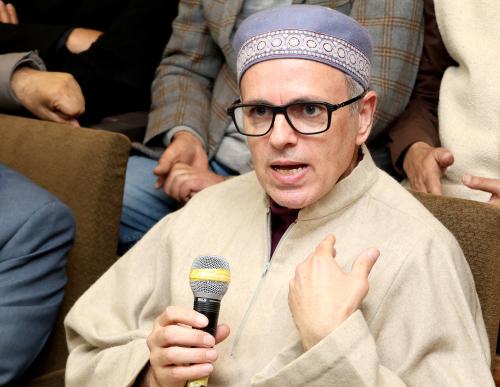By Frank Parlato
Kashyap "Kash" Patel, 45, a Hindu and the son of Indian immigrants, now holds the most powerful law enforcement position in the United States: Director of the FBI. Patel took the helm at a time when the agency’s reputation has plummeted, with only 41% of Americans expressing a favorable view—its lowest approval rating in a century. The FBI’s credibility has been undermined by concerns over abuse, lack of transparency, and allegations of weaponization, significantly affecting its recruitment efforts in a country grappling with 20,000 homicides, 110,000 rapes, and 73,000 drug overdose deaths annually.
Though he has been in office for less than a month, Patel is already making bold moves to reform the FBI. He is streamlining operations at the agency’s headquarters in Washington, D.C., where 8,000 of the FBI's 38,000 employees work, representing a disproportionate share of the agency’s $11 billion budget. Patel is reassigning 1,000 agents, relocating 500 staff members to Redstone Arsenal in Alabama, and replacing senior executives. He is shaking up the agency's leadership, with a focus on strengthening the field presence of agents across the nation.
Senator Chuck Grassley, 91, one of the most influential figures in Congress, has praised Patel for his efforts. “It’s the people on the top floor of the J. Edgar Hoover Building, not your local FBI agents, that have caused the low approval rating,” Grassley told Patel. He emphasized Patel’s responsibility to restore public trust and refocus the FBI on its core mission: fighting crime.
Patel’s agenda, however, may extend beyond simple reform. He may be tasked with transforming the FBI into something it has never been—an agency where its motto, “Fidelity, Bravery, Integrity,” takes precedence over securing convictions at any cost or serving shadowy powers. In his 2023 best-selling book, Government Gangsters: The Deep State, the Truth, and the Battle for Our Democracy, Patel calls out what he refers to as the "Deep State"—the unseen forces that influence U.S. governance. His appointment is seen by some as an attempt to confront these powers head-on, with President Donald Trump lauding him as “the best FBI director ever” and claiming, “The swamp is terrified. America First!”
Patel's story begins with his immigrant roots. His father, Pramod Patel, fled Uganda in 1972 to escape the repression of Idi Amin, relocating first to India before eventually settling in New York. His mother, Anjana Patel, had grown up in Tanzania. Together, they raised Kash in the joint family tradition, where multiple generations lived under one roof. Kash’s upbringing was rooted in the values of Hinduism—hard work, respect, and education—values that have influenced his worldview. His parents taught him to respect all religions, embodying the message of universal tolerance famously delivered by Swami Vivekananda in his 1893 speech at the World Parliament of Religions in Chicago.
While Patel leads a secular institution, his background and values inform his approach to governance. He has promised to restore justice and fairness, aiming to fix an FBI that has been criticized for its role in an American criminal justice system known for its high incarceration rates and frequent miscarriages of justice.
Before his rise to prominence, Patel was a public defender, advocating for those accused of serious crimes. He became known for his aggressive defense of clients, including his successful defense of a Colombian man, Jose Bedrago, who had been wrongly accused in a drug bust. Patel's time as a public defender exposed him to the flaws within the justice system, particularly prosecutorial misconduct. His experience reinforced his belief that ensuring due process is fundamental to maintaining a fair and just legal system.
Patel has also been a staunch advocate for addressing crime at its roots. While acknowledging the real threats posed by crime, Patel believes that the FBI must focus more effectively on combating issues like human trafficking, terrorism, opioid addiction, and gang violence. His plan includes establishing regional drug interdiction task forces to work alongside local law enforcement, which he believes will lead to a significant reduction in violent crime. “If we cripple the narco-trafficking networks, we’ll see a monumental drop in violent crime,” Patel stated.
In the next installment of our series, we will explore Patel's early years in the Department of Justice, his role in investigating Russiagate, and his efforts to expose the corruption within the FBI. His own battle with the agency—once weaponized against him for his revelations—has shaped his resolve. Patel insists that under his leadership, the FBI will never again be used as a tool against the American people.
To be continued...


